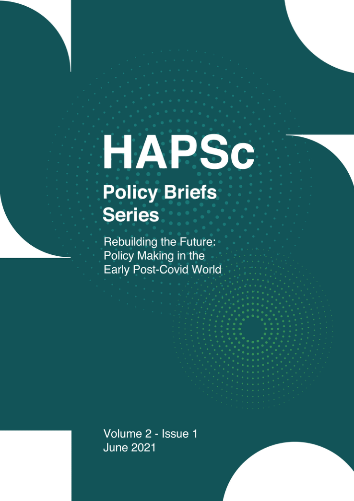Post-COVID Prospects for the EMU: The Pandemic Core-Periphery Divide, Palliative Measures and the Stakes of the Conference on the Future of Europe
Аннотация
The policy brief draws from previous and ongoing research on the heterogeneities of the impact of the - in principle - symmetric shock of the pandemic within the EU. Considering the pre-existing gaps within the core and periphery, further worsened by the Covid-19 outbreak, the analysis presents the economic and social prospects in 2020 and in the years to come across the Member States. In doing so the work identifies the key challenges in line with the legacy of the Eurozone crisis and well-established limits of EMU governance assessing palliative emergency instruments such as Next Generation EU against the benchmark of the scale of the core-periphery divide. In doing so the contribution puts forward policy recommendation for ambitious reform of economic governance of the Eurozone, against the backdrop of an unprecedented window of opportunity for transnational solidarity opened by the pandemic crisis in parallel with the onset of the Conference of the Future of Europe.
Article Details
- Как цитировать
-
Ceron, M. (2021). Post-COVID Prospects for the EMU: The Pandemic Core-Periphery Divide, Palliative Measures and the Stakes of the Conference on the Future of Europe. HAPSc Policy Briefs Series, 2(1), 159–165. https://doi.org/10.12681/hapscpbs.27672
- Раздел
- Articles

Это произведение доступно по лицензии Creative Commons «Attribution» («Атрибуция») 4.0 Всемирная.
Authors retain copyright and grant the journal right of first publication with the work simultaneously licensed under a Creative Commons Attribution License that allows others to share the work with an acknowledgement of the work's authorship and initial publication in this journal.


